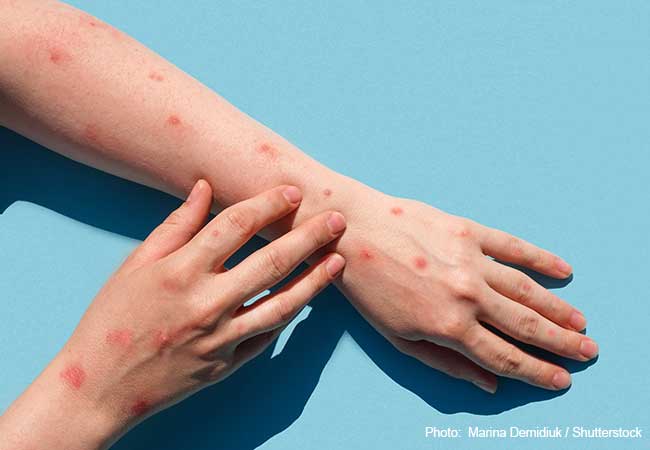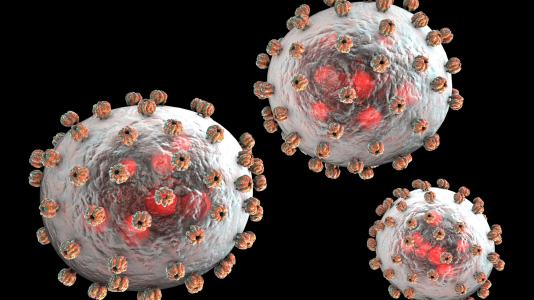2023-03-16 リンショーピング大学(LIU)
心臓疾患による異常な心臓のリズムは致命的な場合があるため、この研究は重要です。この研究は、セックスホルモンが心臓のリズムに与える影響に焦点を当て、エストロゲンがある種の不整脈のリスクを増加させることが示されたことを明らかにしています。ただし、研究者は、エストロゲンが心臓病の保護にも役立つことを忘れないように注意する必要があると指摘しています。
<関連情報>
- https://liu.se/en/news-item/estrogen-possible-risk-factor-in-disturbed-heart-rhythm
- https://www.science.org/doi/10.1126/sciadv.ade7109
KCNE1のロングQT変異がKv7.1/KCNE1の17β-エストラジオール応答性を修飾する。 Long-QT mutations in KCNE1 modulate the 17β-estradiol response of Kv7.1/KCNE1
Lisa-Marie Erlandsdotter ,Lucilla Giammarino ,Azemine Halili,Johan Nikesjö ,Henrik Gréen,Katja E. Odening ,Sara I. Liin
Science Advances Published:15 Mar 2023
DOI:https://doi.org/10.1126/sciadv.ade7109

Abstract
Estradiol (17$β$-E2) is implicated in higher arrhythmia risk of women with congenital or acquired long-QT syndrome (LQTS) compared to men. However, the underlying mechanisms remain poorly understood, and little is known about the impact of LQTS-associated mutations. We show that 17$β$-E2 inhibits the human cardiac Kv7.1/KCNE1 channel expressed in Xenopus oocytes. We find that the 17$β$-E2 effect depends on the Kv7.1 to KCNE1 stoichiometry, and we reveal a critical function of the KCNE1 carboxyl terminus for the effect. LQTS-associated mutations in the KCNE1 carboxyl terminus show a range of responses to 17$β$-E2, from a wild-type like response to impaired or abolished response. Together, this study increases our understanding of the mechanistic basis for 17$β$-E2 inhibition of Kv7.1/KCNE1 and demonstrates mutation-dependent responses to 17$β$-E2. These findings suggest that the 17$β$-E2 effect on Kv7.1/KCNE1 might contribute to the higher arrhythmia risk of women, particularly in carriers with specific LQTS-associated mutations.


